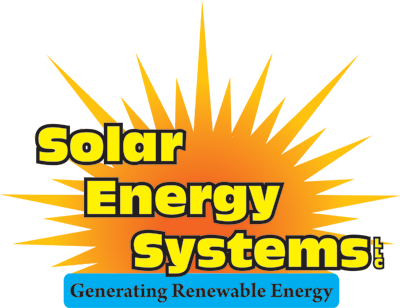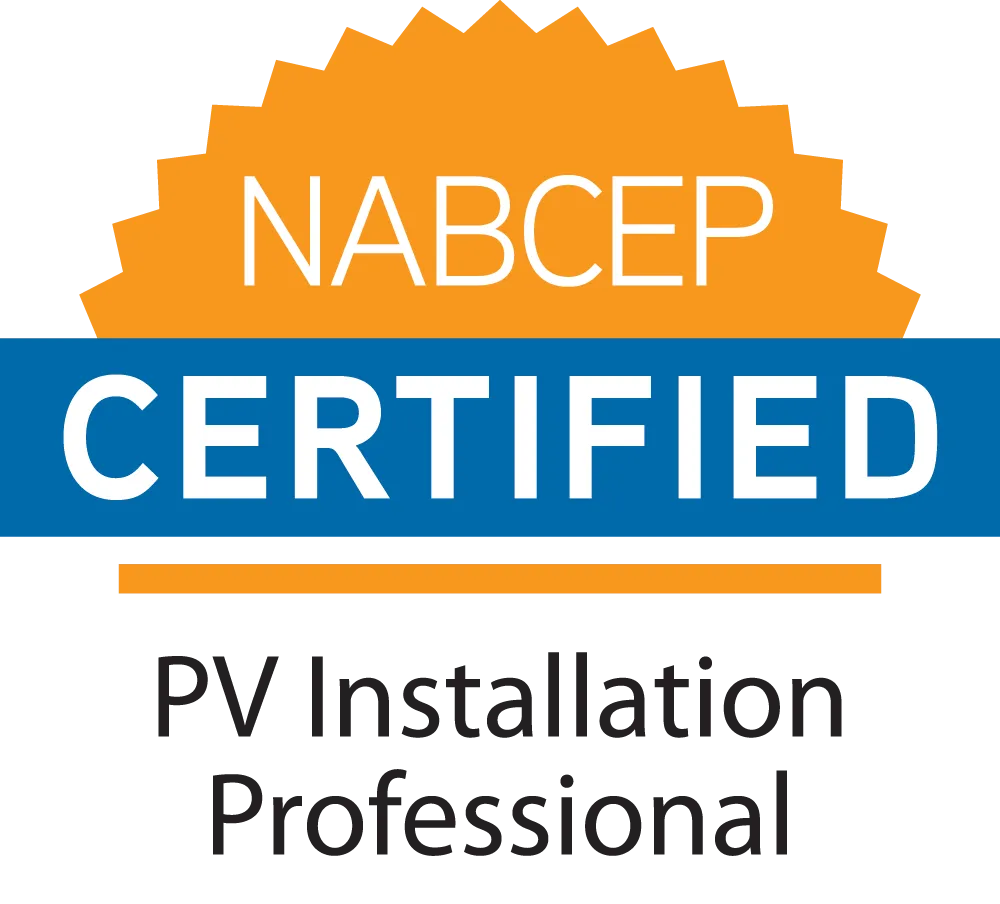An average residential size in Indiana is around 5 kW to 10 kW, which can cost between $14,000 to $25,000 up front; with tax incentives, that can be brought down to $9,800 to $17,500. Every system’s size is dependent on how much electricity the customer uses and wishes to offset with solar.
In Northern Indiana, solar is almost always better. Solar provides a better payback than wind and has little to no maintenance. Wind has too many moving parts and requires regular maintenance, which increases the cost and hassle to customers and installers.
Net metering is an agreement with your electric utility, where the utility agrees to buy the extra power your solar system produces. If you overproduce electricity, your utility provides a credit to your account, which you use to offset your bill when you are using more power than your system is producing. Leia nosso artigo completo sobre a medição da rede aqui.
No, unless you want to go off-grid completely or want a battery back-up system in case the power goes out. If you stay connected to the grid, you just use grid power when your solar panels aren’t producing enough, like at night.
es! Solar energy systems produce enough electricity in Indiana to provide a payback of 8-10 years for residential customers and 6-8 years for commercial customers. In fact, Indiana outproduces Florida during the summer, which helps make up for the dark winter months.
painéis solares são projetados para suportar condições climáticas duras, mas os acidentes ainda podem acontecer. Se seus painéis forem danificados, a maioria dos sistemas de painéis solares vem com garantias que cobrem reparos e substituições. Além disso, as apólices de seguro do proprietário geralmente cobrem danos no painel solar.
During a power outage, if you have a solar panel system with battery backup, you will still have access to electricity. This is especially important if you rely on electricity for medical equipment or have other urgent needs. Solar panel systems with battery backup can provide peace of mind during emergencies.
Na verdade, estudos mostraram que os painéis solares podem aumentar o valor da propriedade. Muitos compradores de casas estão dispostos a pagar um prêmio por uma casa com painéis solares instalados porque significa contas mais baixas de energia e um estilo de vida mais sustentável. Ou problemas de sombreamento?
, embora tenham um espaço limitado no telhado ou problemas de sombreamento pode tornar mais desafiador instalar um sistema solar, isso não necessariamente torna impossível. Nossa equipe pode realizar uma análise completa do local para determinar se sua propriedade é ou não um bom candidato a energia solar, mesmo que você tenha problemas de sombreamento ou espaço limitado. Podemos recomendar o uso de microinverters ou otimizadores de potência, o que pode ajudar a mitigar os efeitos do sombreamento no desempenho do seu sistema. Também podemos trabalhar com você para explorar opções de instalação alternativas, como sistemas montados no solo ou garagem solar, se apropriado. Em última análise, nosso objetivo é encontrar uma solução solar que funcione para suas necessidades e situações específicas.
Yes, there are many government incentives and tax credits available for those who choose to invest in solar energy. One of the most significant incentives is the federal Investment Tax Credit (ITC), which allows homeowners and businesses to deduct 30% of the cost of their solar system from their federal taxes. There are also many state-level incentives and rebates available, such as Solar Renewable Energy Credits (SRECs), property tax exemptions, and sales tax exemptions. Additionally, some states offer grants or low-interest loans to help offset the cost of a solar system. Our team is highly knowledgeable about these incentives and can help you navigate the available options to ensure that you receive the maximum benefit possible.
Solar systems are designed to be installed safely and securely on your roof without causing damage. Additionally, most solar companies offer warranties that cover any damage that may occur during installation or as a result of the system’s operation.
While the process of installing a solar system does require some permits and inspections, most reputable solar companies will handle these aspects of the process for you. Additionally, many states and municipalities offer streamlined processes for solar installations to make the process as easy as possible.
While solar panels may not be the most visually appealing addition to your home, many companies offer panels in a variety of colors and styles that can be customized to blend in with your roof. Additionally, keep in mind that the environmental benefits of solar energy may outweigh any concerns about aesthetics.
Most solar systems are connected to the grid, which means that any excess power they generate during the day is fed back into the grid and credited to your account. Then, at night or during periods of low sunlight, you can draw power back from the grid as needed. Additionally, some solar systems include battery storage, which can store excess power generated during the day for use at night.
While it’s true that you’ll see the biggest financial benefits from a solar system over the long term, even a few years in your home can be enough to make it worth the investment. Additionally, keep in mind that a solar system can increase the value of your home, making it more attractive to potential buyers if you do decide to sell.
Os sistemas solares realmente exigem muito pouca manutenção. Você deseja manter os painéis limpos e livres de detritos, e é uma boa ideia ter um profissional inspecionar o sistema periodicamente, mas além disso não há muita manutenção necessária. Além disso, muitas empresas solares oferecem garantias e planos de manutenção que podem ajudar a garantir que seu sistema continue a funcionar em níveis ideais.
Os sistemas solares ainda podem gerar energia em dias nublados, embora possam produzir menos do que o sol. Além disso, a maioria dos sistemas solares é projetada para produzir energia suficiente para atender às necessidades de uma família ao longo de um ano inteiro, levando em consideração as variações sazonais na luz solar. Portanto, embora seu sistema possa produzir menos energia em alguns dias que outros, ele ainda deve ser capaz de atender às suas necessidades gerais de energia.
É verdade que os sistemas solares podem ser um investimento significativo, mas existem muitas opções de financiamento disponíveis para ajudá -los a torná -los mais acessíveis. Você pode considerar o aluguel de um sistema, que pode exigir pouco ou nenhum dinheiro ou financiar a compra com um empréstimo. Além disso, lembre-se de que as economias a longo prazo de um sistema solar podem mais do que compensar o custo inicial. Sistemas



